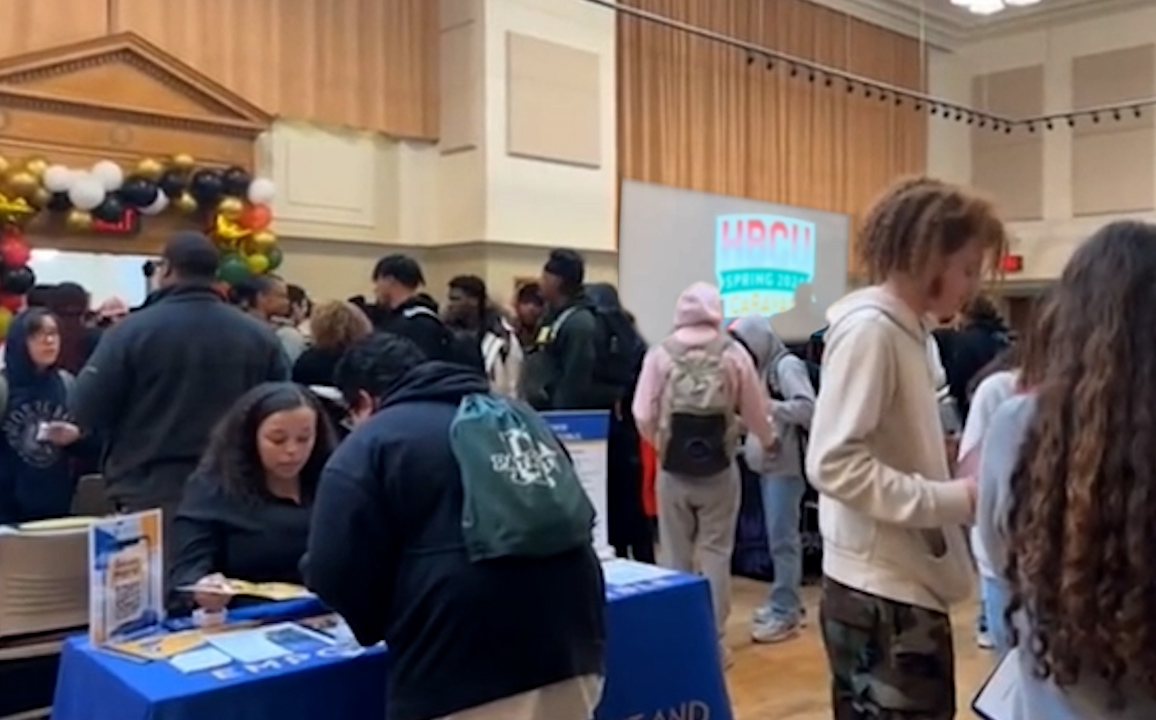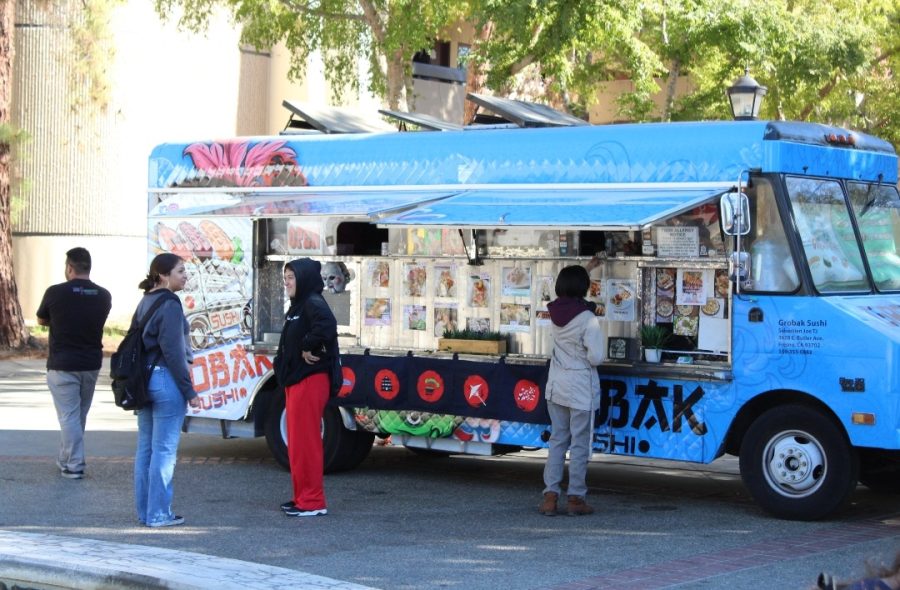The moment one begins their years as an upperclassman in high school, you begin to ponder about college and how you think you will pay for all the costs. After years of receiving decent marks, you might pick up the pace to receive excellent grades and apply for scholarships, grants and most important of all, financial aid.
You do rely on secondary options, but the aid is vital to pay for most if not all of the college materials such as tuition and books.
To your surprise, however, you find out that you’ve been rejected as a candidate to receive your financial aid award due to the fact that you cannot back up your high marks with the proper documentation that allows you to live in the United States legally.
This is reality to some 5% of all undocumented college students living in the United States today. According to energyofanation.com, we have approximately 11 million immigrants living in the States, only 20% of those that have lived here for more than four years actually enroll in college.
To some, the fact that a college degree does not guarantee a job in the same level as their classmates is a frustration, but for most undocumented students, the cost of attending college is just too much to handle working only a part-time, minimum wage job. With the tuition prices shooting sky high, it is no surprise that many undocumented students simply quit on the path to higher education.
The average cost to attend a community college such as Fresno City, is approximated at about $500.00 per semester with all fees but books included (fresnocitycollege.edu). At a State university the cost is even higher, averaging at about $10,170 per year or $5,085 per semester (csufresno.com).
To top things off, undocumented students have to pay the out of state tuition in universities. Section 505 of the Illegal Immigration Reform and Immigrant Responsibility Act of 1996 stated that “an alien who is not lawfully present in the United States shall not be eligible on the basis of residence within a State (or a political subdivision) for any postsecondary education benefit unless a citizen or national of the United States is eligible for such a benefit (in no less an amount, duration, and scope) without regard to whether the citizen or national is such a resident.”
Many students all across the country and even here on campus struggle with finances due to this act. Although they are very discreet, they take the same classes, receive the same instruction and study the same material as natives or residents.
Susana Caballero is one of many undocumented students at Fresno City College. After having moved here from Guadalajara, Jalisco in Mexico four years ago, she has lived this hardship firsthand. She moved to the United States with her mother and siblings to reunite her then divided family, as her father and brother had moved one and a half years earlier to better their economic status.
Caballero was told that she was to have a better life, and after attending and graduating from Roosevelt High School in 2006, she enrolled in Fresno City College. Now, she is denied financial aid due to her immigration status and is forced to pay a total of $606 per semester while also paying personal expenses working a part-time job. Due to the high prices in books, tuition and transportation, she cannot afford to take all the units she desires.
“I have thought about dropping out on many different occasions. I hate the fact that I don’t have enough to pay for all my classes and help out my family as much as I would like. My mother helps me out with costs very rarely because she has expenses of her own. My part-time job sometimes isn’t enough to pay for it all. The situation is just frustrating.”
Another student in Caballero’s shoes is a second year student at Fresno City College. Liliana Arellano, paying a total of about $600 per semester, has had much better luck with taking care of expenses. After graduating from Roosevelt High School in 2006, she also enrolled on campus to better her situation and try to get ahead in life. Arellano, unlike Caballero, has been able to have family help her pay her college education.
The most surprising thing of all to some is the fact that college students with the proper documentation still drop out of institutions such as Fresno City College.
According to Frank Ramon, head of Financial Aid on campus, out of the 17,000 applicants that applied for financial aid, 5,000 have actually received awards thus far. 15,000 students have already received fee waivers, and others are still waiting to complete their financial aid files. In previous years, approximately 78% of students that have applied for some sort of financial aid have actually finished the requisites to stay with their aid.
This means that 22% of students that receive financial aid drop out and have to pay the penalty fee for dropping out, which differs student to students from as little as $12 to $300 in other instances.
“It all depends on if they withdraw, how long they stay, what their family income is, and other factors,” commented Ramon on penalty fee variations.
Both Caballero and Arellano have heard some sort of comment regarding financial aid awards in their classes.
They both commented on the fact that some people only go to college to goof off and keep this check to spend on personal materials and not necessarily school. These people according to Caballero are “prohibiting students who are worthy of receiving the aid to continue with their studies.”
“I wish financial aid would give money to those who actually want to study, not those that go to school only to keep the extra money to go shopping each semester,” commented Arellano on the subject.
There is a light of hope for undocumented students. Organizations such as La Raza help students to receive some type of scholarship to help pay for at least a small percentage of college costs. Still, this is not nearly enough to help pay off the large expense that is college.



